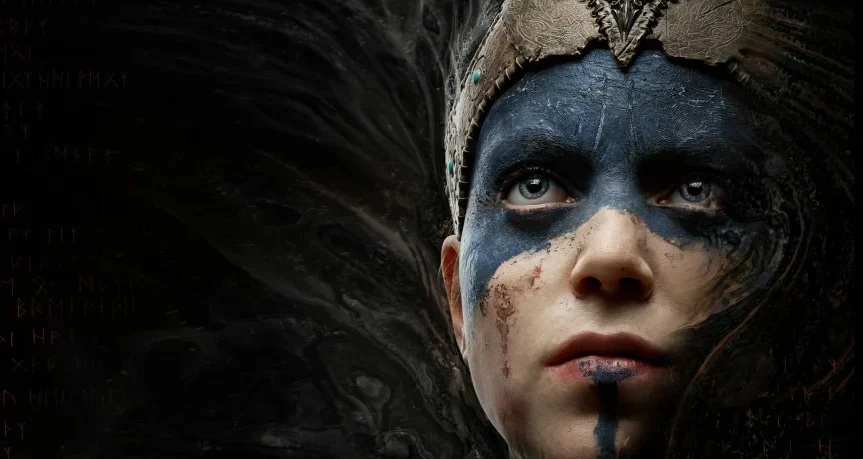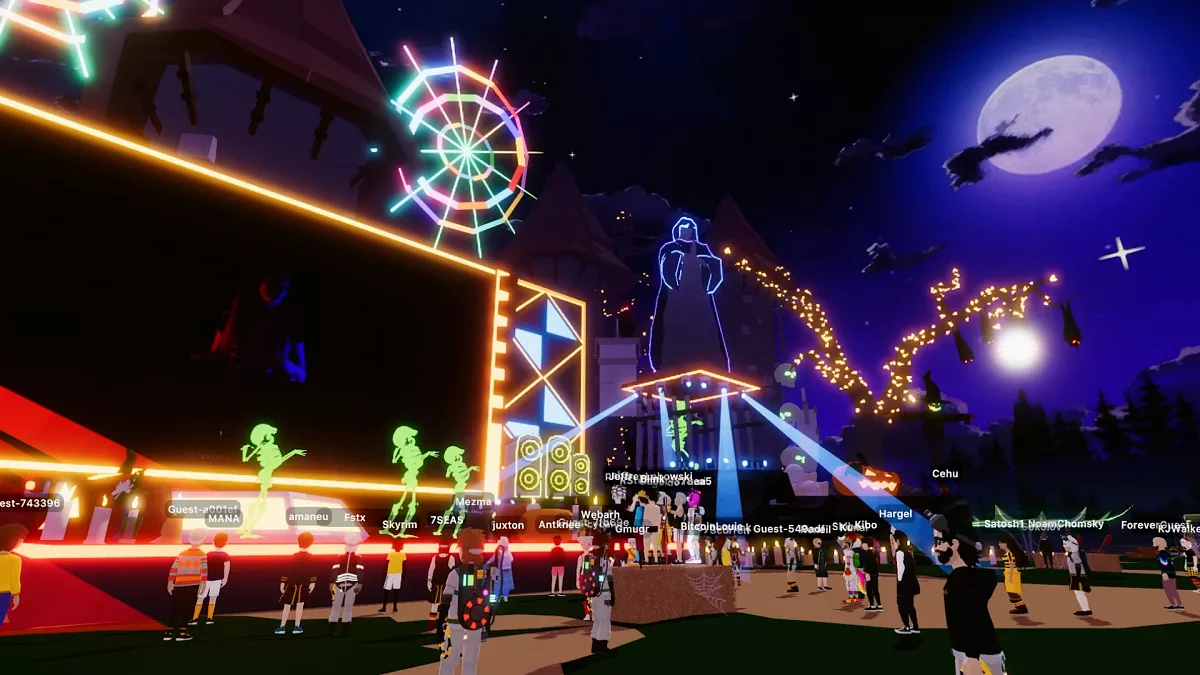CRIMINOLOGY AND GAME CONSULTING
Explore the value of
criminological theory into your games story
Virtual worlds are no longer just entertainment—they’re architectures of lived experience, shaping how we perceive harm, justice, and social connections. As these spaces become primary sites of psychological fufillment and economic activity, developers wield phenomenological power: Their design choices don’t just represent systems—they train people to inhabit them. By exploring the value of criminological theory into your games story, you will expand your company’s ethical vigilance, deepen your games impact, and construct a virtual world of social good.
BUILD HEALTHIER COMMUNITIES
Strong ethics leads to a strong Return on Investment (ROI). Understanding the dynamics of a healthy community will boost success.
RISK MITIGATION
Games are a strong source of social sense-making. Diagnosing hidden risks early helps to prevent backlash and assists in the shift from risks to responsible impact.
INNOVATION
By making the implicit explicit, I help transform philosophical depth into groundbreaking storytelling possiblities.
MARKETING EDGE
Pitch to investors and communities that “Our Criminological Impact” whitepaper by Dr. Burns has boosted the company’s ethical vigilance.
WHY CRIMINOLOGICAL CONSULTING?
As Web 3.0 gaming increases autonomy to players, transparency about real-world impacts and benefits becomes crucial for trust, player retention, and healthy community building.
Gaming itself has become a genuine source of sense-making, particularly amongst a large digital metanarrative.
My criminology consultancy helps developers
recognise this importance and promotes ethical design, construct meaningful characters and environments, and navigate controversial themes.
The frameworks of analysis vary from my areas of expertise:
Zemiology (social harms beyond crimes)
Phenomenology (the meaning of lived experience)
Agnotology (the study of culturally induced ignorance)
Critical Discourse Analysis (linguistics and discourse representation)
Cultural Criminology (mediated processes of crimes and harms)
Green Criminology (environmental crimes and harms)
This isn’t about constraining virtual worlds — it’s about elevating the their potential to model better futures




SNIPPET OF THE CRIMINOLOGICAL CONSULTANT TOOLBOX
Below is a snapshot of how criminological and phenomological frameworks can transform game design. Each service is carefully customised to your virtual world and will create many benefits. Feel free to contact me to discuss your project and how we can work together.
MAKING VIRTUAL WORLDS MEAN SOMETHING
Open-world games are often criticised as hollow worlds – visually impressive but experientially shallow, reducing players to tools sustaining systems rather than inhabitants of meaningful spaces. By applying phenomenology, designers can create belonging, improving retention through experiential depth. Players return because the world feels meaningful, not just addictive.
NAVIGATING CONTROVERSIAL THEMES
Games depicting harm and controversial themes often face backlash from unintended audiences (regulators, media, advocacy groups) who critique, misinterpret, and ignore the narrative content. This can, and has, triggered market sanctions that damage game studios. Mitigating this possibility helps to prepare for worst case scenarios, while preserving creative intent.
DEEPENING CHARACTERS THROUGH CRIMINOLOGICAL IDIOSYNCRASIES
Subliminal details and micro-behaviours are the phenomenological tools of meaningful character development and systemic storytelling. Linguistics, for example, reveals ideological idiosyncrasies that reflect power imbalances and can significantly help build characters who earn their complexity. The devil, after all, is in the details.
CONTACT MEAPPLYING TOPOLOGIES OF CRIME AND HARM
Using criminological topologies, game environments evolve from static places into living ecosystems – where crime and social harm are built into the spatial, economic, and cultural foundations of the world. Here, injustice isn’t just witnessed; it’s mapped, resisted, or perpetuated through player complicity. Ethics, then, ceases to be a sidebar – it becomes the terrain of player experience.



